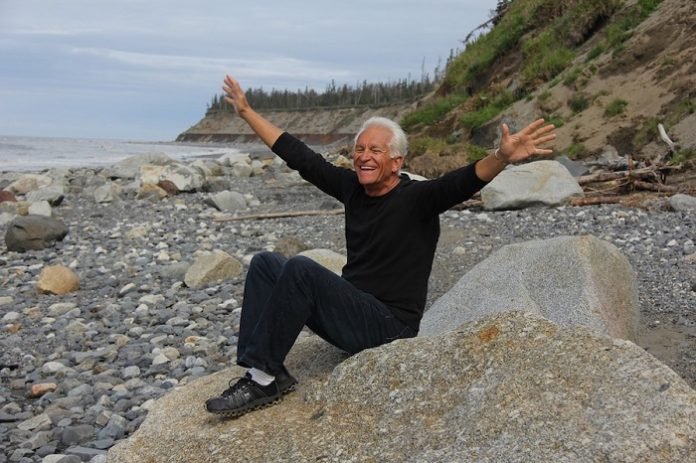
No one wants to get old.
For many people, aging means not only less physical and mental strength but also devastating health disorders, such as diabetes, cancer, dementia, Alzheimer’s disease, Parkinson’s disease, and heart disease.
Currently, the major focus of biomedical research is the treatment of individual chronic diseases, and scientists have made tremendous progress. However, we still know little about how to postpone aging.
Delaying aging is superior to treating individual diseases because late aging means a late start of each of these diseases, which will lead to truly healthy longevity.
Since the last decade, a new disciplinary filed called “translational geroscience” has emerged, which tries to move aging research from the bench to the clinic.
So far several interventions have been found, including less food consumption, exercise, metformin and acarbose, mitochondrial-targeted therapeutics, modifiers of senescence and telomere dysfunction, and other biomedical methods.
Nevertheless, scientists still have to overcome two big challenges before applying these interventions to people.
The first challenge is the time scale of clinical trials. Many aging-related conditions progress over the decades, and hence a study might last more than 10 years too. That seems a bit slow. Luckily scientists have found some biomarkers of the biological aging rate that may provide information faster.
The second challenge is regulation. For instance, in the United States, the U.S. Food and Drug Administration (FDA) has not approved the clinical assessment of aging interventions.
One possible solution for the two above issues is to apply the translational geroscience to pets like dogs.
Dogs suffer many age-related diseases that affect humans at a faster rate. In addition, they share the human environment and have genetic diversity.
Thus, aging research on dogs can provide insights into a similar effort in people and improve the life quality of dogs and their owners.
One last thought of the translational geroscience is whether it can increase the ratio of health span to life span. We don’t want a long life filled with diseases, but a long life full of healthiness and happiness.
Copyright © 2018 Knowridge Science Report. All rights reserved.



